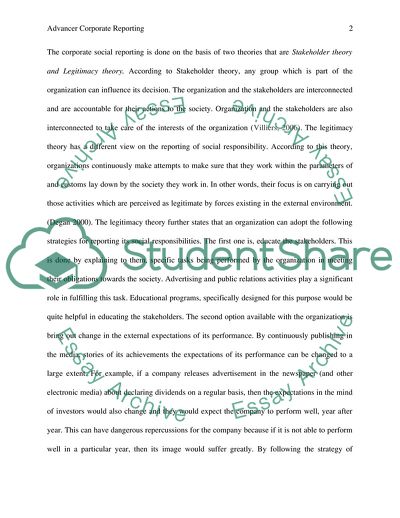Cite this document
(Why Do Companies Struggle for Voluntary Reporting on Their Non-Financi Term Paper, n.d.)
Why Do Companies Struggle for Voluntary Reporting on Their Non-Financi Term Paper. Retrieved from https://studentshare.org/finance-accounting/1753088-advanced-corporate-reporting
Why Do Companies Struggle for Voluntary Reporting on Their Non-Financi Term Paper. Retrieved from https://studentshare.org/finance-accounting/1753088-advanced-corporate-reporting
(Why Do Companies Struggle for Voluntary Reporting on Their Non-Financi Term Paper)
Why Do Companies Struggle for Voluntary Reporting on Their Non-Financi Term Paper. https://studentshare.org/finance-accounting/1753088-advanced-corporate-reporting.
Why Do Companies Struggle for Voluntary Reporting on Their Non-Financi Term Paper. https://studentshare.org/finance-accounting/1753088-advanced-corporate-reporting.
“Why Do Companies Struggle for Voluntary Reporting on Their Non-Financi Term Paper”, n.d. https://studentshare.org/finance-accounting/1753088-advanced-corporate-reporting.


